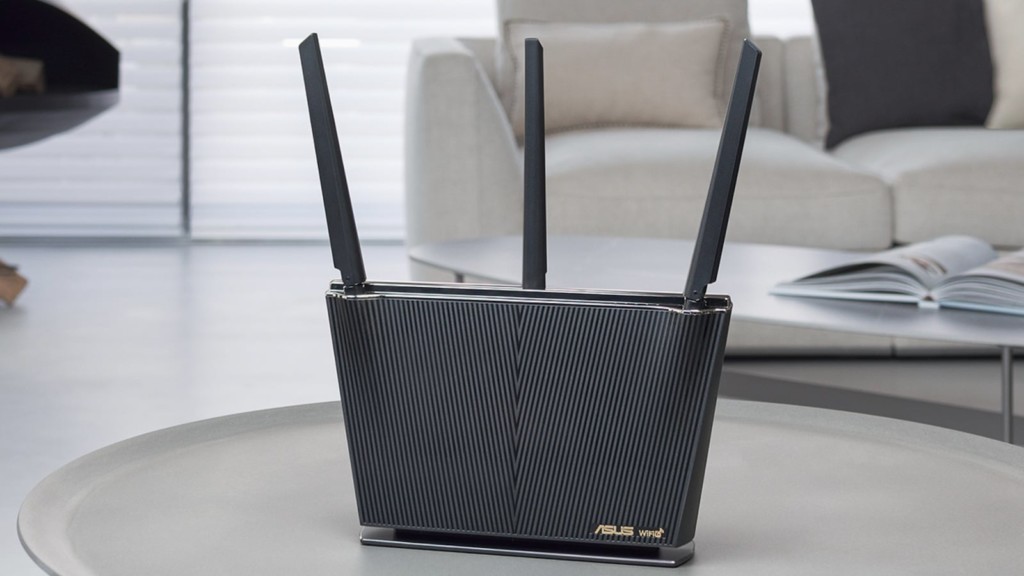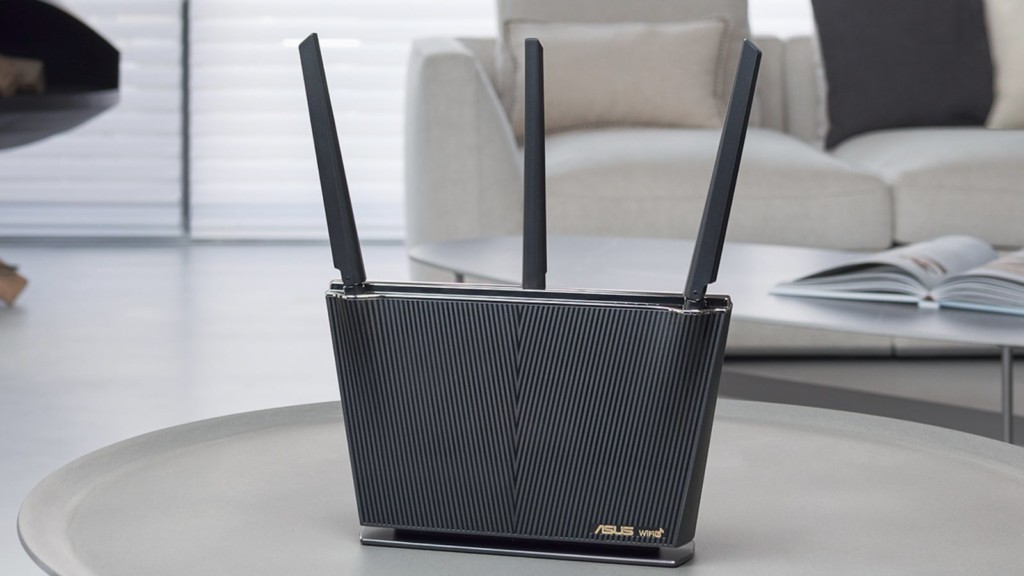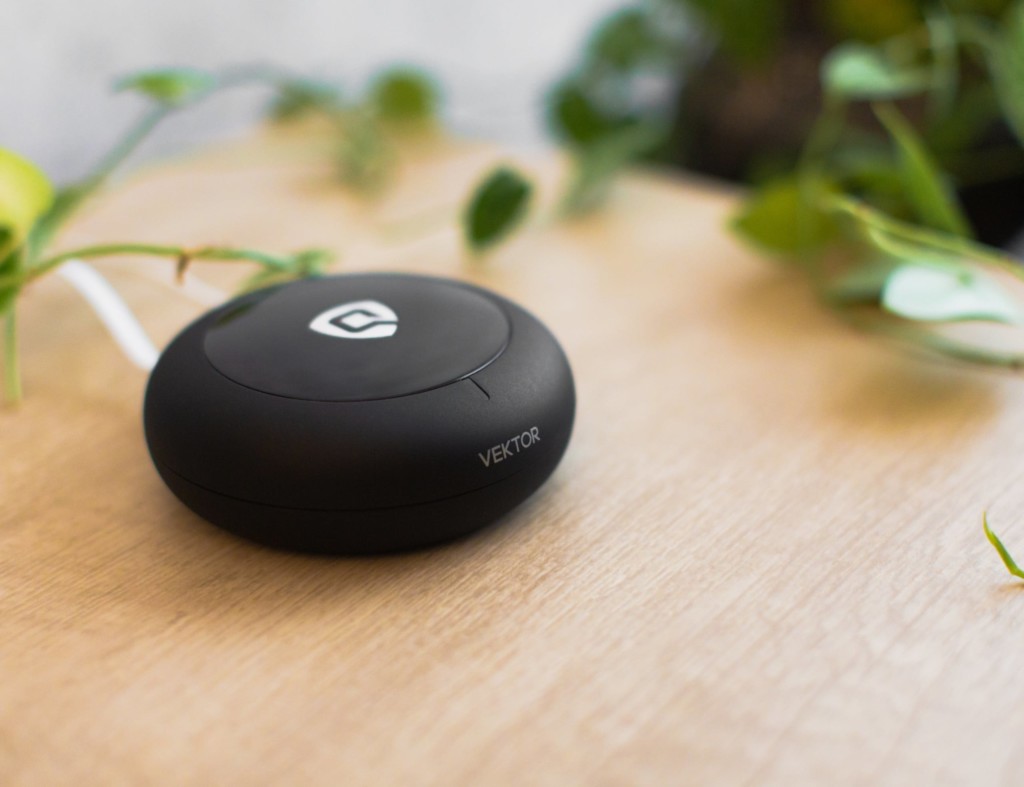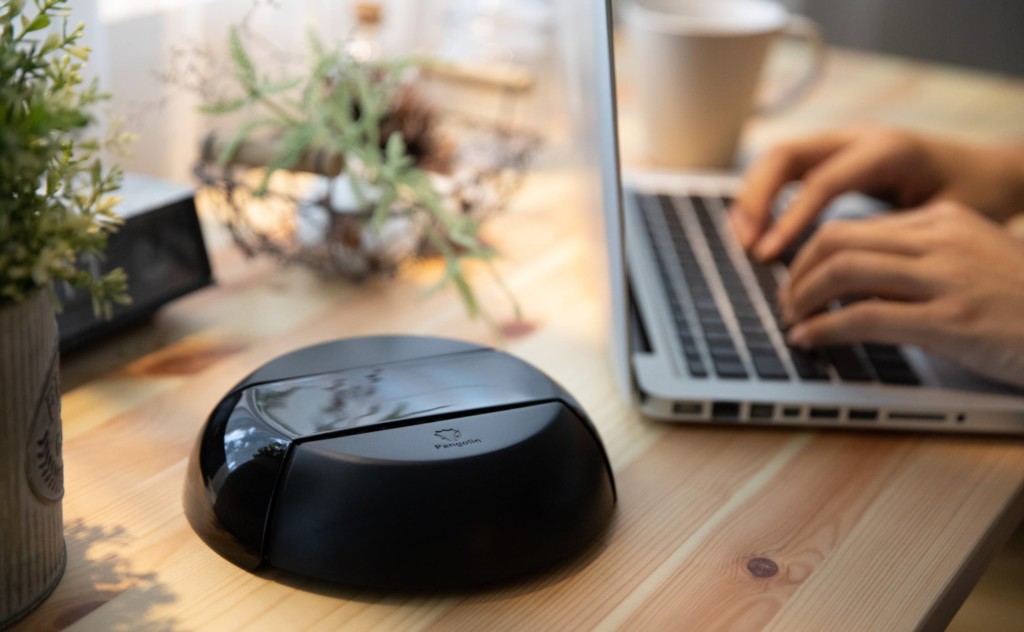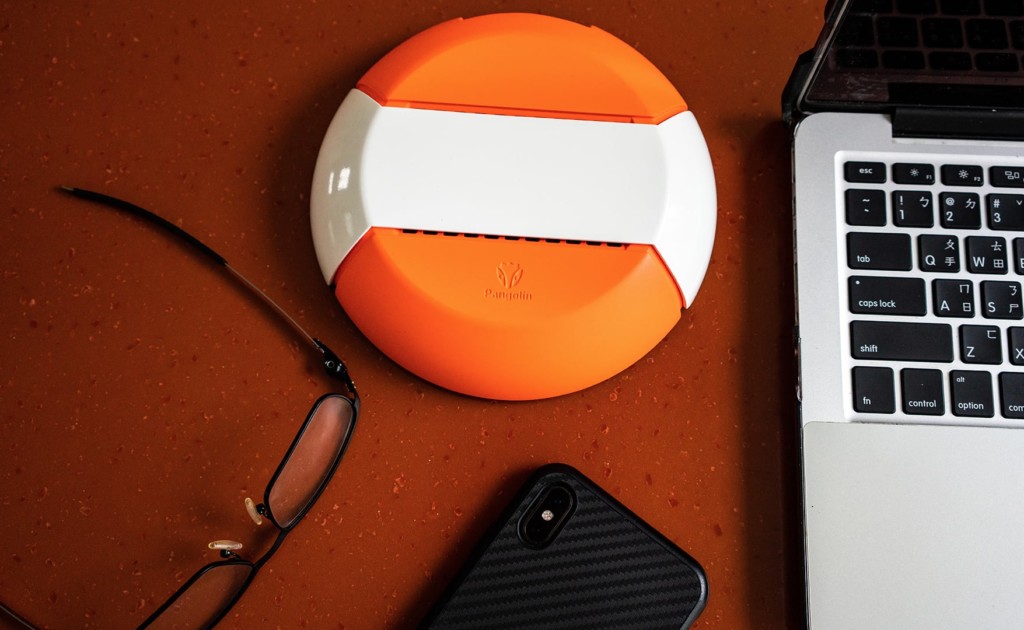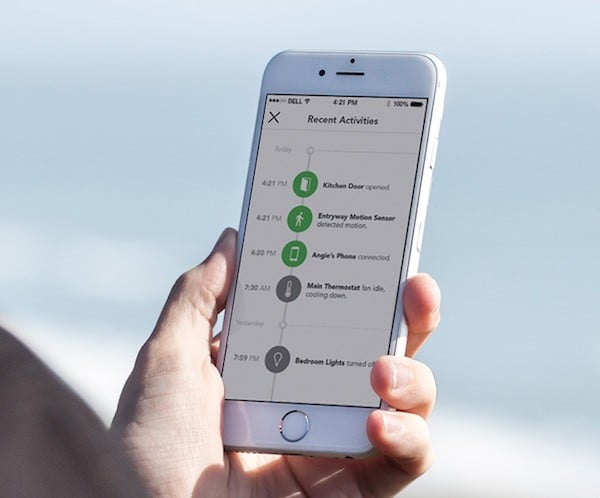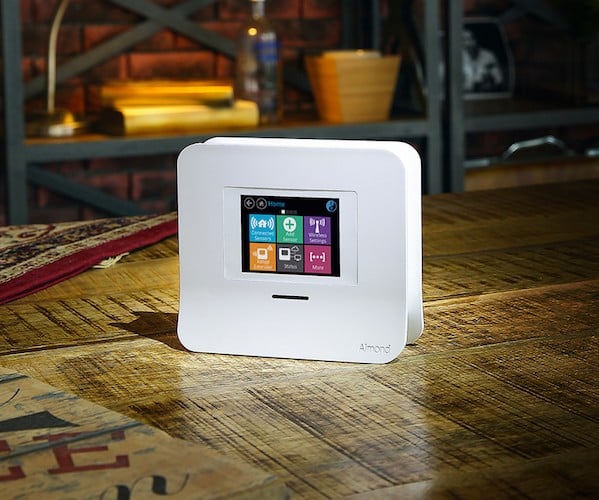If you haven't secured your network, you'd be surprised how easy it is to break into, especially if you work from home and are distracted 24/7. Cybersecurity is a real concern, so you're probably wondering which network security gadgets you should buy to protect yourself. Don't worry; we've got answers for you, along with an overview of the state of cybersecurity in 2021.

Looking to enhance your network security in 2021? It’s a good idea, especially since security keys, encrypted routers, and Wi-Fi security devices really can help you thwart a cybercriminal. So if you’re wondering which cybersecurity gadgets should you buy in 2021, you’re in the right place. But to understand which devices you should invest in, it helps to know exactly what the threats are. So before we delve into our shopping guide, let’s take a look at the state of cyber attacks right now.
These cybercrime and security trends are terrifying
We wrote extensively about what is and isn’t a cyberattack last year. But where does it all stand this year? Experts say that the threat has only grown more sophisticated due to emerging technologies like machine learning, 5G, and artificial intelligence. There’s even cooperation between hacker groups and state actors to worry about. The attacks are diverse, and with the landscape always changing, it’s important to know how cybercrime is evolving.
Ransomware Attacks
Ransomware was on the decline in 2018, but don’t get too excited; many companies simply pay the ransom, which can be expensive. In early 2020, an attack on the New Orleans city government cost the city over $50 million. Overall, in 2019–2020, the average global cost to redress a ransomware attack was $751,106. That’s a lot of money if you’re a small business or an individual. What’s even more alarming is that nation-states can be involved in these attacks and their aims aren’t always monetary. Investigations have shown that the Wanna Cry and NotPetya ransomware attacks that began in 2017, but whose effects lasted well into 2020, were organized by nation-state actors. Some of the top causes of ransomware attacks come from phishing emails, weak passwords, and lack of training.
Cryptojacking and encrypted communication attacks
Cryptojacking had also seen a decline at the end of 2019, but it shot up again in 2020. Most notably, there was a 252% increase in attacks in North America last year. In this type of attack, the perpetrators spread malware that spreads through computers and illegally uses their processors to extract cryptocurrencies like Bitcoin or Monero. But what’s more concerning is how cybercriminals can get around heightened security. In 2020, “next-gen” supply chain attacks grew 420% in a year. Malicious documents are also a known way to hijack a user’s computer. In 2018, Cisco found 38% of malicious email attachments were Microsoft Office Formats like Word, PowerPoint, and Excel.
Remote work attacks
As people shifted to at-home work during the pandemic, this created an avenue for criminals to access business-related information from people’s home networks. In fact, remote work upped the average cost of a data breach by $137,000. The truth is that it’s easier to fall for something while you’re at home, absent-mindedly scrolling through your work emails while heating up your lunch. So much so that according to Tessian, 47% of employees claimed that distraction was the reason they fell for a phishing scam while working from home. And the uptick in remote work has also led to attacks on the services that facilitate it. In April 2020, half a million Zoom user accounts were compromised and sold on a dark web forum. So despite the global upset, it’s evident that cybercrime is still alive and doing quite well.
How prepared are we for cyberattacks?
Current cybersecurity plans are inadequate, to say the least. It’s evident that individuals, businesses, and governmental agencies need to do better when it comes to setting strong passwords, using multi-factor authentication, patching software, and taking other steps. Here’s how readiness fares among businesses, individuals, and governments.
Business cybersecurity in 2021
According to Yahoo, almost 80% of senior IT and IT security leaders lack confidence in their company’s cybersecurity measures. This prompted 91% of organizations to increase their cybersecurity budgets in 2021. So for businesses, cybersecurity in 2021 is a huge concern. With people working remotely, the respondents noted that they were most concerned with their company’s security road map and security-related technology and tools, as well as the internal team’s skill sets. For business, it seems cybersecurity needs to be more of a company-wide effort.
Individual cybersecurity in 2021
Did someone else lay dibs on your government-sponsored small business loan before you? Unfortunately, identity theft went up during the pandemic. In a blog post, the Federal Trade Commission reported that it had received about 1.4 million identity theft reports, double the number from 2019. The increase relates to the nationwide fall in employment. When the government expanded unemployment benefits and small business loan programs, cyber criminals went to work, filing claims using other people’s information, and more. There’s never been a more pressing time to set stronger passwords and keep your personal data secure. But, in the end, you’re only as secure as the agency that has your info.
Government cybersecurity in 2021
As the military’s reliance on algorithms and computer processing grows, networks and weapons systems have a higher chance of experiencing cyberattacks. Interesting Engineering notes that cyberattacks are more likely to bring down F-35 jets than missiles. This particular fighter jet is essentially a “flying computer” with AI-like sensors and advanced computerized logistics systems that online attackers could potentially hijack. Luckily, Air Force cybersecurity specialists are aware of the threat and are working hard to secure weapons systems from an attack.
How can you beef up your online security?
The threat of cyberattacks looms large, but you don’t have to take it sitting down. There are ways to enhance your security online and keep yourself and your information safe. So which cybersecurity gadgets should you buy? Here are our top recommendations.
ASUS RT-AX68U Dual-Band Wi-Fi 6 Router
If you want to make sure your network’s safe, go for the ASUS RT-AX68U Dual-Band Wi-Fi 6 Router. It has encrypted data-tunneling VPN technology. This means you can take your home network with you anywhere, and you won’t have to use web-based, third-party VPNs. It also features Wi-Fi 6 for super-fast speeds. And with flexible parental controls, you can be sure your kids are getting age-appropriate internet access.
Yubico Yubikey 5C NFC Multiprotocol Security Key
You can stay safe from account takeovers with the Yubico Yubikey 5C NFC Multiprotocol Security Key. This multi-protocol key works with NFC-enabled Android, Windows 10, and iOS devices and is easy to use. Best of all, it works with any USB-C port to protect you against phishing. It also gives you strong authentication requirements since it combines hardware-based authentication and public-key cryptography. Oh, and it’s passwordless. So that’s one less worry for you.
Yubico YubiKey 5C NFC multiprotocol security key in a videoGoogle Titan Security Key Kit Computer Lock
Add an extra layer of security protection with the Google Titan Security Key Kit Computer Lock. The set comprises a USB security key, Bluetooth security key, USB-C to USB-A adapter, and a micro USB to USB-A cable. Each of these gadgets fits on your keychain and acts as a second physical password for your computer, smartphone, and tablet. It’s a great choice if you’re wondering which cybersecurity gadgets should you buy.
 Google Titan Security Key kit computer lock on a device
Google Titan Security Key kit computer lock on a device
Vektor Advanced Wi-Fi Network Security Device
The Vektor Advanced Wi-Fi Network Security Device made our list of which cybersecurity gadgets you can buy because it offers protection from hackers and malware. It has an advanced smart firewall and intrusion detection system. It also blocks ads and web tracking, letting you extend VPN protection to devices like your smart TV that can’t run VPN software.
Pangolin Plug & Play Network Security Device
Protect your devices from hackers with the Pangolin Plug & Play Network Security Device. It works with all smart devices and detects network intrusions in real-time. Just connect the Pangolin to your router with an Ethernet cable and pair it with the app. It blocks intrusion attempts as soon as they happen and sends you a notification about them instantly.
Securifi Almond 3 Router and Security Alarm
The Securifi Almond 3 Router and Security Alarm made our list of which cybersecurity gadgets you should buy because it keeps you connected to your home’s security. A router and security device in one gadget, it sounds an alarm if it detects an open door or window. It also has strong Wi-Fi that can monitor and manage all of your smart home devices.
We hope this guide helps you answer the question: which cybersecurity gadgets should you buy? Let us know which one you’ll be adding to your home or professional system in the comment section.
Want more tech news, reviews, and guides from Gadget Flow? Follow us on Google News, Feedly, and Flipboard. If you’re using Flipboard, you should definitely check out our Curated Stories. We publish three new stories every day, so make sure to follow us to stay updated!

